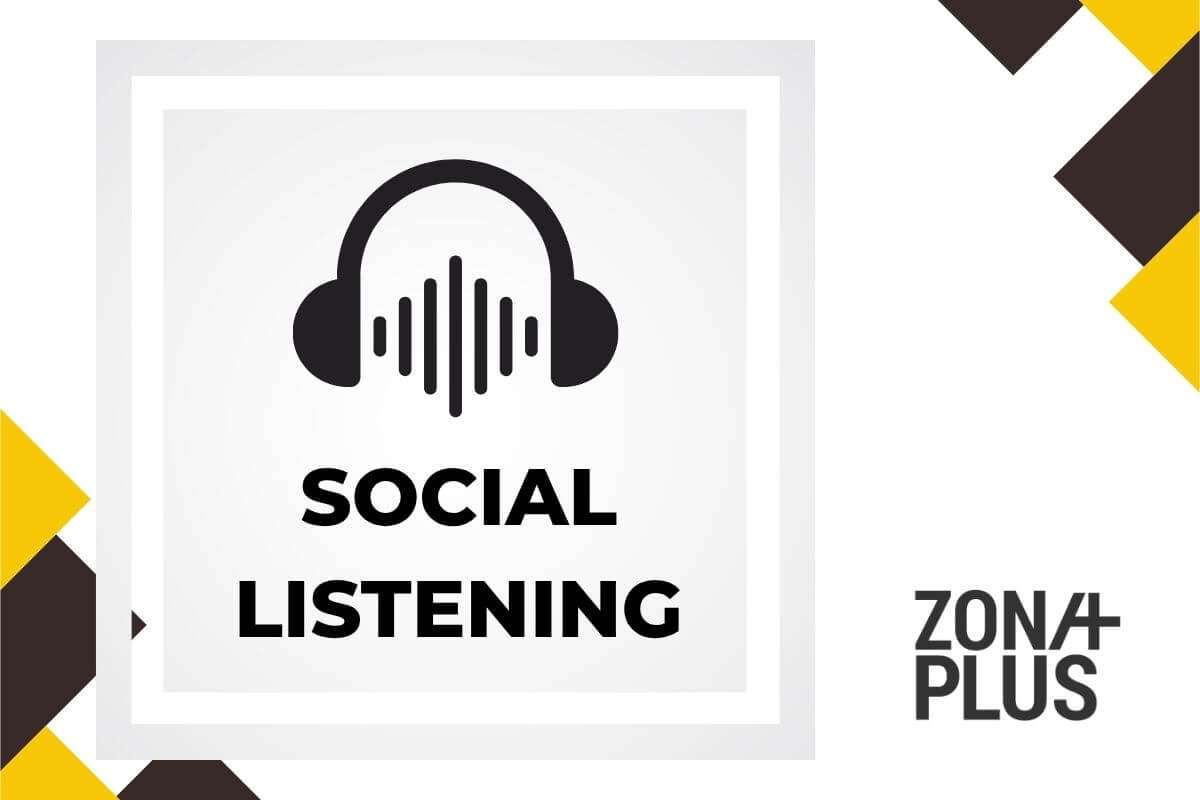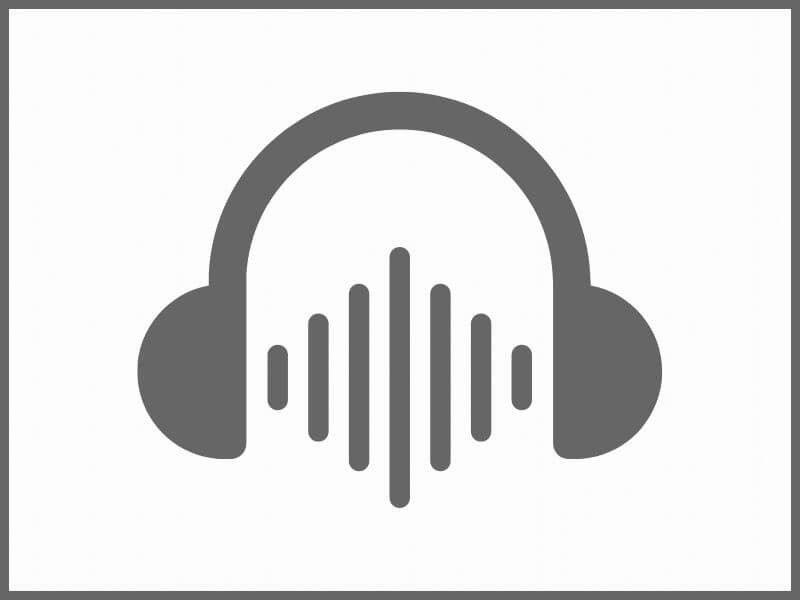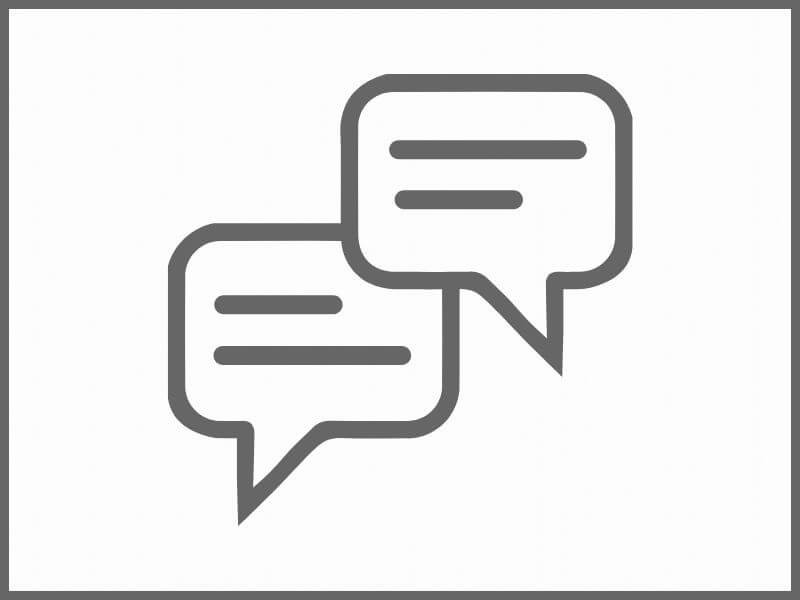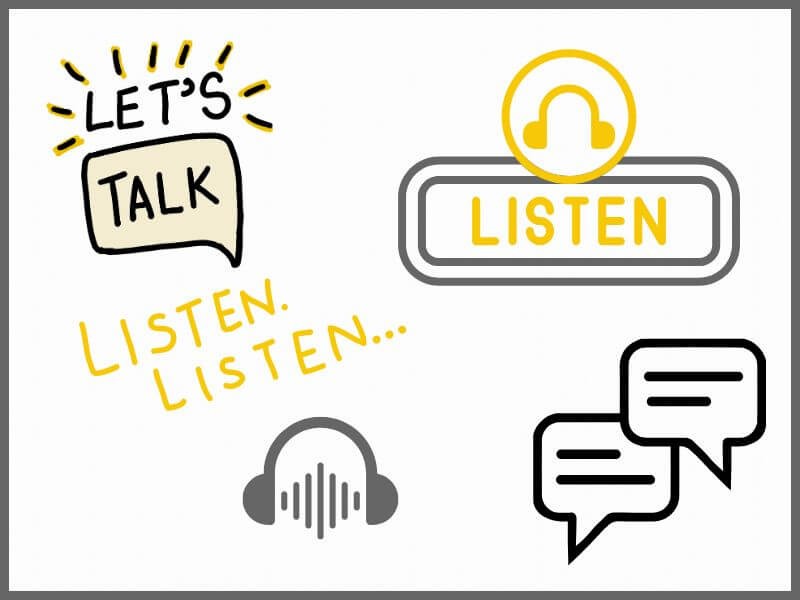
Someone is surely discussing the service or product you offer. Maybe they are praising it. Maybe not. Maybe they are comparing you to the competition. And you don’t know it at all, because the discussion completely passes you by. That is why social listening exists.
Imagine this situation: you are sitting in a café. At the table next to you, people are sharing experiences with friends; talking about the services they use, the places where they shop, the restaurants they recommend, the brands they avoid.
You are not saying anything, just listening. You are noting who is looking for what, what bothers them, what excites them. From those conversations you can learn a lot about the habits, expectations and frustrations of other people. And those people are your future customers.
These situations happen online every day, and it is called social listening.
Viewed digitally, that café is social media, forums, reviews and portals. And everything people write there about your business, product, competition or industry is worth more than any survey. The question is: are you listening to them?
Many companies regularly check their own profiles on social media. They read the comments, maybe reply to a message or thank someone for a compliment. That’s basic communication - but it’s not social listening.
Social listening means tracking what people are saying about topics related to your business, even when they don’t mention you directly. So, when someone writes a general comment like “Looking for an apartment in Pag with a pool” or “Does anyone know a good dentist in Zadar?”, and you offer exactly that - those are conversations you need to see.
That doesn’t mean you need to jump into every discussion. But if you’re present and aware of what people are looking for, you can decide when and how to respond.
Examples:
These kinds of discussions show what people are looking for, how they talk about it and what their expectations are.
Social listening doesn’t require constant replies or ongoing communication - but it does require that you pay attention to what’s going on. If you only monitor your own comments and messages, you’re limiting yourself to a small part of what’s actually being said about your business online.
Many more important conversations are happening elsewhere - in groups, reviews, other people’s posts and comment sections. That’s where valuable insights are hiding - insights that can help you improve your offer, your communication and your relationship with clients.

We often think we know what people need, but real information comes when we listen to them in natural conversations. There are no restraints there, no “polite answers” like in surveys. People freely comment on what bothers them, what is important to them or what excites them.
Example: If several guests in the comments mention that the apartment has an excellent location but no parking, that is a clear sign of what they are missing. You don’t need additional research, the answer is right in front of you.
Social listening shows you not only what others are doing, but also how people are reacting to it. Maybe another company constantly receives praise for easy ordering or fast delivery. Maybe they are criticized for poor communication or high prices. All this information can help you make better decisions and avoid mistakes others have already made.
Here you have the opportunity to learn from other people’s experiences - without having to go through them yourself.
Sometimes dissatisfaction starts appearing in comments or posts before it reaches you directly. If you notice negative comments on time, you have the chance to react calmly, quickly and respectfully before the situation spreads and leaves a permanent mark on your name.
Example: Someone writes that no one answered their inquiry. If you see it immediately, you can respond, apologize and help. If you don’t react, that comment can remain as a permanent negative recommendation.
The best topics for posts, blogs or new services often come from comments and questions. If several people ask the same question, it is a topic worth expanding. If a problem is mentioned often, it is time to change it, add to your offer or create a new service.
Example: If you run a catering service and many people ask if you have a vegan option, that is a sign of a real need you can respond to.
People appreciate when someone listens to them, and even more when they are truly heard. When you join a discussion, offer help or simply thank someone for a comment, you show that you care. Even if you don’t sell anything at that moment, you build a relationship that brings long-term benefit.
People like to recommend companies that feel close, genuine and human. If they perceive you as someone who reacts, communicates and follows what is happening, you become their natural choice the next time they need what you offer.

You don’t have to manually search the internet and social media.
There are digital solutions that do exactly that - they track where and how the words you’re interested in are mentioned, whether it’s your name, location, service or a topic relevant to you.
To begin with, there are free or very affordable tools that can serve small businesses as a first step:
Don’t just monitor your company name. You’ll learn much more if you follow the phrases your clients actually use: “where to eat in Šibenik”, “best dentist for kids”, “rent a boat without skipper” or “family-friendly beaches in Croatia”.

Social listening is not intended only for large companies. You don’t need new employees or a big budget.
All you need is the willingness to listen to what people are saying about you, what you offer, and what they need.
Every company that interacts with people can do social listening.
- A hair salon that wants to know what clients expect.
- A restaurant looking for ideas for the daily menu.
- A massage studio considering offering late appointments.
- An IT company providing services to small business owners.
- A language school, a medical practice, a family farm, a shop, apartment rentals… anyone.
It’s all about the approach. What you need is time, curiosity and a bit of persistence, because those everyday comments can reveal things no statistic ever will.
If you don’t know where to start, here are specific steps you can take right away:
Write down the questions people keep asking you.
If everyone keeps asking if you offer delivery, if you’re open on weekends or if you have a gluten-free option, those are the topics worth tracking online too.
Type those same questions into Google.
See where they appear - forums, groups, websites, comments under posts. You’ll often discover that people are asking about exactly what you offer.
Review feedback - both your own and others’.
Comments on Google, Booking.com, Facebook or any platform where you advertise reveal what your (and other people’s) customers really think. Pay attention to phrases that repeat.
Follow Facebook groups in your area.
You don’t have to comment, just read. People often ask for recommendations, share advice or experiences - those are direct insights into market needs.
Find out exactly how your audience refers to what you offer.
Maybe you write “premium handmade soap”, while people are searching for “natural soap for dry skin”. The difference in words can be the difference between visibility and invisibility.
Set up Google Alerts for key terms.
These can be your company name, your city name, or phrases people use in your line of work. Each time those words appear somewhere online, you’ll receive a notification.
Talk to people.
Sometimes the best form of social listening is a simple conversation. Ask guests, clients or customers why they chose you. What was their biggest concern? What were they looking for before they found you?
Monitoring what is being said about your business is not something you do once a month or tick off a to-do list.
People leave comments, recommendations, criticisms and questions every day, and they do so across different channels.
That’s why social listening should become part of your routine, just like checking emails, inventory levels, reservations and so on.
Consistency is key. Even if you spend just 10 minutes a day on it, with your coffee or at the end of the workday, it can make a big difference in understanding what your clients truly think and want.
Companies that regularly follow online conversations react better, spot problems faster and adapt more easily. Not because they have bigger budgets, but because they have the right information at the right time.
In other words: those who know what’s being said don’t waste time guessing.
You know what you want, but need a plan to make it happen?
Contact us. We’re here to help you develop a solution that makes sense for your business - clear, simple and doable.